|
Ejaculate Responsibly Campaign A pro-choice AND pro-life male accountability campaign Spring 2024 When your bodily fluids have the potential to cause harm (such as unwanted pregnancy and/or exposure to STIs), you must be ethical, intentional, and accountable for your sexual decisions and ejaculation. “Men mostly run our government. Men mostly make the laws... if men were actually interested in reducing abortion, it didn’t need to take fifty years [after the fall of Roe v. Wade]. At any point, men could have eliminated elective abortions in a very short amount of time—a matter of weeks—without ever touching an abortion law, without legislating about women’s bodies, without even mentioning women. All men had to do was ejaculate responsibly. They chose not to. Today, they continue to choose not to” (Blair, 117). What inspired this campaign? February 14—March 24, 2024 is the nation's largest anti-abortion campaign: 40 Days for Life. The Women’s Center’s Ejaculate Responsibly campaign (a poster series with twelve unique messages) is an invitation to think differently about abortion, sexual politics, and accountability. This awareness campaign is inspired by Gabrielle Blair’s (2022) book, Ejaculate Responsibly: A Whole New Way to Think About Abortion. The purpose of this campaign is to provoke deeper interrogation of the pro-life/pro-choice dichotomy, which is a division or contrast between two things that are or are represented as being opposed or entirely different. Using Blair’s framework, we aim to bring a fresh perspective through awareness and attention to men’s choices and their primary role in causing unintended pregnancies. Knowing this, how can we change it? Ending unintended pregnancies and abortion is simple!
Men are responsible for their own sperm—they choose where it is placed. Men must be ethical, intentional, and accountable for potential harm caused by their sexual decisions and ejaculation (whether causing pregnancy or infecting a partner with STIs). The choice to prioritize one’s own desires/pleasure at the expense of others is an example of entitlement rooted in power inequality and privilege. Unfortunately, this is rarely discussed. There are many reasons for this, mainly that “our society is set up to protect men from the consequences of their own actions” (109). How have men’s choices impacted women? Historically and today, we live in a patriarchy. A patriarchy promotes and centers male/masculine privilege and maintains systems in which most positions of power, authority, and control are dominated by men. Putting the burden of all sexual and reproductive responsibility on women is a form of male privilege and sexism. While men have the most control and choice in the context of sex, it is women’s choices and bodies are endlessly critiqued, controlled, punished, and shamed. Despite how patriarchy naturalizes (“this is just the way things are”) women being over-responsible and men being under-accountable, women are never responsible for men’s behavior. Men are responsible for their own choices, behavior, and bodily fluids. Men have the most control and choice in the context of sex by:
Pregnancy Concerns
These differences matter and impact women’s lives long-term, especially in the context of our social and economic systems that have been set up to intentionally pay women less and/or not be compensated for their labor at all. Gender Violence Impacts In addition, the prevalence of men’s sexual and relationship violence are significant factors that take away the reproductive choices of women.
Conclusion People of all sexual orientations and genders who want to have sex can have wonderful, fulfilling sex lives without causing pregnancy. There are many ways to experience sexual pleasure without the risk of pregnancy: masturbation, using hands/fingers/mouth/tongue to stimulate your partner, using sex toys, or only having sex with people who are unable to cause pregnancy. Abstinence is also a great option for some. After all, let’s be clear: no one is entitled to sex, ever. Responsible ejaculation is both a pro-choice AND pro-life solution that is not rooted in controlling, coercing, or forcing women to give birth. This solution places responsibility where responsibility belongs: it is men’s responsibility to ensure they don’t impregnate. Men must take personal responsibility for their own sperm. We need to raise the bar for men. We share these messages because:
We believe in men’s ability to make safe, thoughtful, and equitable choices that respect women. We believe men can and must ejaculate responsibly. [1] Binary language is used for the purpose of conciseness. When we reference men we are referring to cis men, people who have sperm, and people assigned male at birth (AMAB). When referencing women we are referring to cis women, people who have the capacity for pregnancy, and people who are assigned female at birth (AFAB).
0 Comments
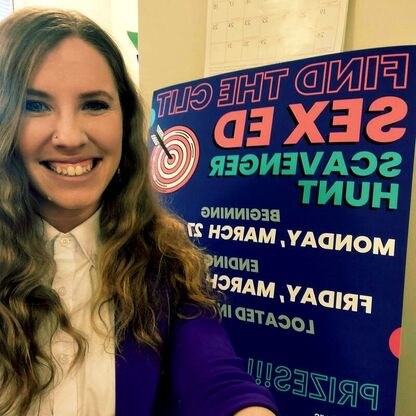 The gorgeous art piece pictured above is appropriately named "Glitoris." It's a powerful and imposing figure that we have been moving around campus. It is, you guessed it, a replica of the internal structure of the clitoris. This sculpture was inspired by Sophia Wallace's "cliteracy art" project and was re-created by one of our art students to raise awareness and educate people on the sexual pleasure of women (and people of other genders who have a clitoris). Even as a feminist in college, and as someone who has been very open about topics related to sex for most of my life, I don't think I heard someone else say the word "clit/clitoris," out loud, until I was in my early 20s. Even today, this word, this body part, is treated like a slur, a secret, a subjugated knowledge. How people (do not) talk about the clitoris is precisely why our campus Women's Center chose to do programming--events, speakers, tabling, awareness, outreach, postering, and hosting a (now infamous) "Find the Clit: Sex Ed Scavenger Hunt." Women genuinely enjoying sex incites astronomical levels of misogyny, even in a porn culture. Only in a patriarchal, sexist culture (religious AND secular) would such discomfort occur as a result of us unashamedly speaking and educating about this--even on a college campus, a space for adult learners, a space that many people see as protective "free speech," embodies "liberal values," and/or is supposedly "sexually open." Not so much. We received all sorts of strange responses and backlash for these events from inside and outside of our campus community: continuous complaints, threats, people trying to cancel or hide our event, people calling to yell at us for how "offensive" our programming is and labelled us "groomers" that are apparently promoting rape because we are educating grown adults on a college campus on the clitoris in 2023. It was a wild semester. When I used to speak and educate in faith communities that were often very conservative, I would remind them that sex IS for pleasure and pleasure is the primary reason people have sex. On what ground could I make such a claim (besides the fact that people who are capable of reproducing are only fertile a few days per month)?? Well, I had to remind church-goers in the pews that someone created the clit, and according to their belief system, it was God. Cool, right? I could feel the deep exhale from a very tense religious crowd. What a relief for folks to know that the sole and only purpose of a clitoris is for sexual pleasure. As I let that statement sink in, I could visibly see the wheels turning and belief systems challenged/shifted. Why is knowing this so powerful? Because a penis has multiple functions. A vagina has multiple functions as well. But God/the creator/universe very intentionally chose to bless the female body with an extra part for no other function but sexual catharsis. Oh, AND women can have multiple/endless orgasms!! So clearly the creator cared a whole lot about pleasure and women enjoying sex. In addition, the most clitoral sensitivity and nerve endings are external on the vulva, not inside the vagina. (Side note--that should also make the straights question the centrality of penis-in-vagina penetration-focused sex). Maybe all this female sexual power and capacity for pleasure is why men in this world have gone to such extreme lengths to control and colonize our bodies and sexuality. Maybe God is less uneasy and uncomfortable with female sexual pleasure than us humans are. God is less of a prude than your average dude or patriarchal church. Despite this, women's sexual pleasure is still so taboo and shamed--not only in conservative or religious communities--everywhere. However, discussing and educating others comprehensively on healthy, egalitarian, pleasure-based sexuality is a primary sexual violence prevention tool, proven by decades of research. Women's sexual pleasure is still treated as a frivolous privilege, a bonus, afterthought, etc. Research shows that even after multiple waves of sexual revolutions, the sex lives of women have not improved all that much over the past 50 years. Beliefs around sex roles and men's sexual entitlement/self-centeredness is still deeply-rooted. Lesbian women are the most sexually satisfied demographic, in stark contrast to women who have sex with men. What can men learn from lesbian and queer women? A whole lot. Men should be taking notes from lesbians... oh, and maybe ask their own female partners what they want in bed? For a society that is convinced it is so sexually liberated, we can't even get the most basic stuff down (saying anatomical body part names out loud, respecting boundaries and consent, and valuing the sexual pleasure of all). I highly recommend reading one of my most favorite books for more analysis on this: The Tragedy of Heterosexuality by Jane Ward. Ward is a lesbian who feels like she needs to be an "ally" to straight women. She feels the experience of too many straight women is a lifetime of suffering trying to be in relationship with sexist men... men who only want women because of what women do for them. And women who respond by exhausting themselves trying to convince/change/rehabilitate/fix men. Included in this straight-woman-suffering is enduring serious sexual violence, trauma, and simply mediocre or bad sex. I have observed this as a frighteningly common experience of women and resonate with Ward's findings as an advocate who has worked all of my professional life with survivors of sexual violence and on issues of patriarchal violence, feminism, and gender equity. I feel this has been a life-long frustration of mine: I constantly see fabulous, brilliant, powerful women in my life stifled by dweeby, clueless, or downright dangerous men who don't give a shit about them. My life goal is raising the insultingly low bar we have for men and calling them to a higher standard. Men's sexual entitlement to women's bodies, with minimal/no knowledge or care regarding how to please them, is not only pathetic, it's actually disturbing. It should be fundamental, expected, and *required* that people having (supposedly??) consensual sex are both enjoying it and experiencing pleasure. When bombarded by porn and media that portrays sex in a patriarchal, competitive, transactional, coercive, conquering, male-centered, and violent way, clearly this is a wild concept and needs more attention. What does that say about how shamed women's sexuality is when grown adults cannot even say the word "clitoris" out loud (and if they do, are deeply embarrassed about it, and avoid it all costs)? The personal is political and the political is personal. Women's sexuality and pleasure is not trivial. The fact that women's sexual pleasure is so devalued and stigmatized simply imitates, mirrors, and reflects broader structures and systems that devalue women as an entire class. If we are going to end patriarchy, sexism, and misogyny, our sexual practices, and how we talk about them, matter. We all need to become cliterate because women deserve better. In March of 2022, I piloted this new presentation with women student leaders at the College of St. Benedict's and at a St. Cloud State University human sexuality class. The session was titled, The Revolution is COMING: Sexual Politics, Pleasure Equity, and Cliteracy. This session gives participants an opportunity to (re)learn and discuss the politics around women's sexuality, pleasure and orgasm in/equity, cliteracy, and examine cultural messaging about sex and gender roles, desire, and the impact of sexual trauma on sexuality. I also share resources and strategies for change.  Sporting my "glitoris" shirt prior to presenting on campus Sporting my "glitoris" shirt prior to presenting on campus This is a great presentation topic for college students, adults, women's groups, men's groups, pre-marital/marriage groups, conferences, etc. What inspired me to take on this new topic is recognizing how little people of all genders know about the clitoris and the lack of prioritization of pleasure for people who have them! I have had many conversations with women of all ages who had been having sex for years (even decades!) and did not know where their own clitoris was located and/or never had an orgasm. This both pained me... and pissed me off. THIS IS A FREAKING TRAGEDY YA'LL... Our "sexual education" system protects patriarchal sexual norms. "Sex ed" is purposefully designed to invisibilize and fail women, queer, and gender-marginalized folks. At the college I work at, students were really interested in inviting a speaker to talk about the orgasm gap on campus. We searched... and there were only a handful of speakers we could find throughout the country that spoke on this topic... and only one or two speakers who lived in our state. So, here I am. Talking all about clits and other important stuff because women's sexual lives are not trivial. Another one of my many life missions is for women to have better sex and to openly, proudly, unashamedly talk about women's sexual pleasure and orgasm equity. The personal is political and the political is personal! I am a feminist practitioner with a social and political science background. No, I can't tell you the biology or give the detailed specifics surrounding the science of arousal and orgasm, but that's not really what I see audiences are looking for anyway. Pleasure/orgasm inequity has far less to do with biology, sex/gender differences, or actual orgasm difficulties as it has to do with power, social and cultural norms, patriarchy, sexism, sex/gender roles, sexual entitlement, and this fabulously accurate new term I'm hear more: "strategic incompetence." It also has a lot to do with who defines "sex."
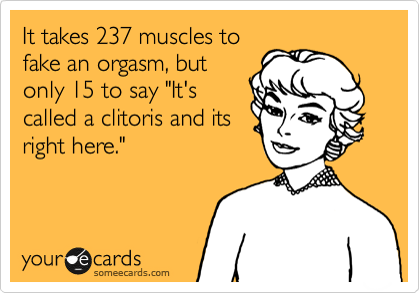 Those questions are mostly rhetorical, as the answer(s) is literally hitting us on the head with a giant brick. So, is the content I share in this presentation cutting-edge, earth-shattering, wildly innovative, and novel? Nope. Sometimes, we just have to collectively face the music. I'll be sharing the research, allowing us some space to discuss, learn, unlearn, and think critically to confront the silly sexual messaging we receive about the "mysterious female orgasm" because, oh heavens, women's bodies are sooooo complicated. *Eye roll* Yes, there a bit of snark in this presentation. How could there not be? Sometimes, we must laugh at the absurdity. And then... fight for the revolution. It's COMING. 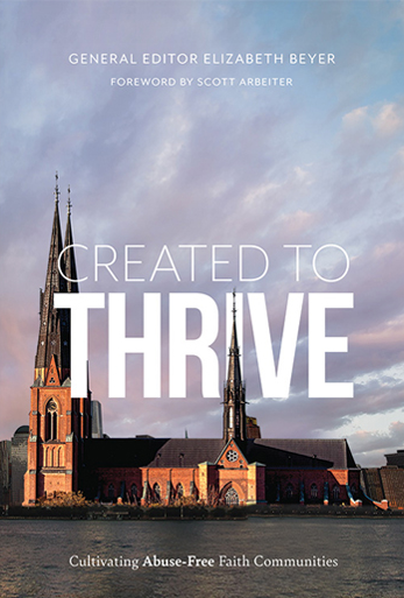 When I first heard CBE (Christian for Biblical Equality) International intended to compile and edit a book for faith communities on the topic of domestic/dating abuse and violence, I was excited, but more than anything, deeply relieved. Few organizations (faith-based AND secular orgs) have enough courage to confront the roots of violence. After a decade of working within the anti-violence movement, I remain frustrated with how rarely non-profits and educators name the problem: male socialization/masculinity under patriarchy, sexism, misogyny, colonialism, white supremacy, etc., Though I have trained and organized within faith communities for many years, most of my professional work has been in secular/non-faith-based organizations and agencies. As I look around at the approaches of anti-violence organizations, the growing trend within these organizations and movements is to dilute and de-politicize them completely from their feminist origins and analysis. Men's violence against women is a highly political issue. When I say "political," I don't mean partisan politics (e.g., Democrat/Republican or conservative/liberal). Instead, I am speaking about the analysis of power distribution, inequality, oppression, and the roots of social issues. Because nonprofits are in a position of needing to constantly beg for money, too many organizations purposefully avoid moving beyond the surface to appease foundations and the state agencies/grants that fund them. This often requires making complex social and political issues as palatable as possible to appeal to donors who can write big enough checks to sustain the work. It's a tricky and ethically questionable position to be in constantly... that is why I respect CBE’s honesty about the roots of violence. They are one of the rare organizations that choose not to separate abuse/violence from its ideological source: patriarchy, unequal power distribution, and toxic theology (CBE President Dr. Haddad's often-referenced line, "ideas have consequences"). These points are at the forefront of all their public analysis and messaging, not tucked away. I started writing for Created to Thrive: Cultivating Abuse-Free Faith Communities almost four years ago. So much has changed for me, and in the world, since then. Of course, my beliefs continue to evolve since I submitted this work. I have been in the midst of a religious "deconstruction" period for many years and remain highly critical of American Christianity and the Religious Right. Still, writing and contributing to this book felt like an important call for me, even while ambivalent about organizing in faith communities and recognizing the challenges, frustrations, and pain it can bring. I continue to believe doing feminist work in faith communities is necessary because I believe faith-based defenses of patriarchy are the number one reason why patriarchy maintains its stronghold. Nothing else matters to religious folks, including the harm their ideas and theology may inflict, if they genuinely believe they are "on god's side." We will never end sexual and domestic abuse until we can untangle and dismantle the theological beliefs that justify the sin of patriarchal violence: 1. the obsessive religious lust for power and control 2. the fundamental belief in male dominance/female subordination as the will of God. In Created to Thrive, I explore the impact of patriarchal beliefs on our sexuality and the pervasive reality of sexual violence in intimate relationships. I have written two chapters in this book: one on sexual violence by intimate partners, the other on healthy sexuality and consent. Created to Thrive highlights how the patriarchal sin of men’s violence against women has robbed us of the beauty of healthy, healing, and enriching egalitarian relationships—and how we can take back what sexist politics and theology has stolen from us. Sexual violence is one of the most common forms of abuse in marriage, the most normalized, and the least discussed in church. For too long, faith communities have sent messages that anything sexual within the marriage is acceptable, including sexual domination and coercion. I wrote these chapters to bring to light a still-taboo topic and re-imagine a new path toward true sexual ethics and intimate justice. I believe the last few years of socio-political crises have catapulted a significant consciousness-raising/reflective awakening period for the Christian community. I think this book is timely as a new era of Christ-followers emerge and hunger for more: those willing to tear down tradition, institutions and dogma for a more authentic faith, those willing to re-envision safety, push for accountability, and engage in the persistent, long-term fight that justice requires. So, all that to say, I’m excited for the debut of this resource. I hope you share it with your faith communities and Christian friends! Order the book HERE 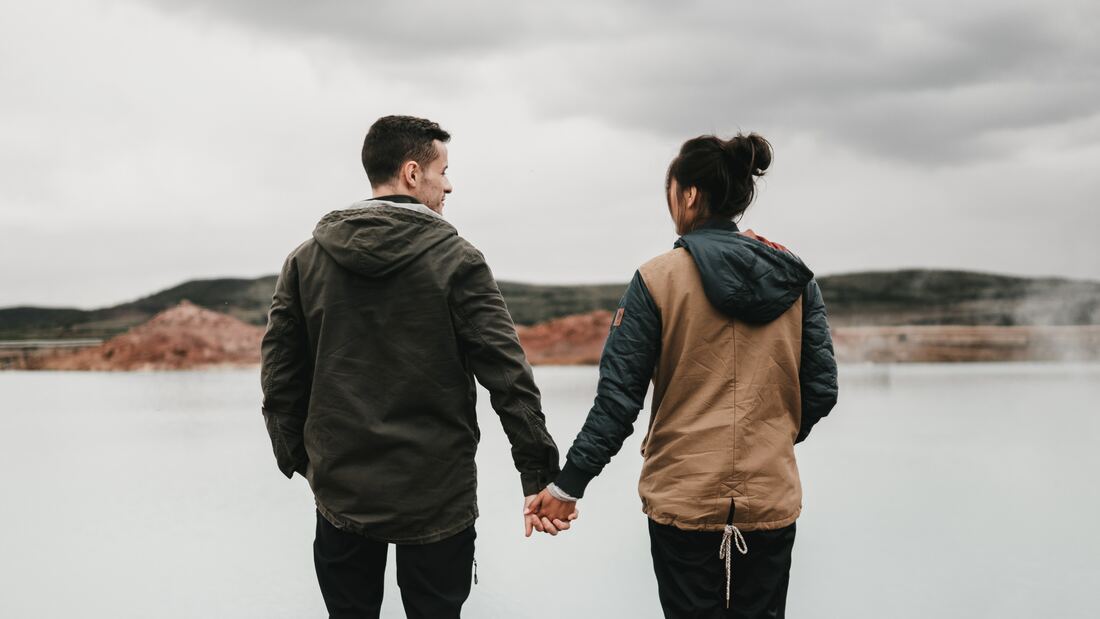 Photo by Andrik Langfield on Unsplash Photo by Andrik Langfield on Unsplash *See original article on CBE International's blog HERE* Before I met my husband, I was adamantly opposed to marriage. Much of my aversion to marriage stemmed from the lack of positive earthly examples of it. Because of the brokenness around me, marriage simply did not appeal to me. As a college student, I was indoctrinated with complementarian theology and surrounded by relationships that reflected it. In my Christian community, men were eager to enforce their so-called God-ordained leadership, and women filled their patriarchal (but ambiguously defined) “biblical role.” I saw power struggles, manipulation, passive-aggressiveness, gender jokes, and abuse in the relationships around me and that skewed my perception of marriage. I thought to myself—if what I have been taught is true, and if this is what marriage is supposed to look like, I’m not interested. It took me some time to realize that what I saw (and experienced) was not what God intended for marriage. I decided to trust in Jesus’ model of love, not the ideas perpetuated by modern Christian culture. I would date people that loved me like Jesus, or I would not date at all. The love I see in my husband's eyes every day reminds me how radical the love of God truly is. Before I met my husband, I had a lot of anxiety about relationships. I told everyone I knew that I would never get married. Well, the joke was on me when a dreamy classmate asked me out on a date. I knew I couldn’t invest in a relationship where my values would be compromised. I’m a very passionate and opinionated woman, so I figured the easiest way to weed out someone I wasn’t compatible with was to ask about his views on the most controversial questions I could think of (gender roles, feminism, politics, religion, etc.). I remember asking him what he thought about a husband being the “spiritual leader” of his wife. His response was: “A woman I date would be a person of strong faith already. I don’t really understand the logic in gender-based ‘spiritual leadership.’ She’s clearly been doing great all on her own before meeting me. Why is it that once she’s in a relationship with me, that now as a man, I somehow have more spiritual authority over her or can hear from God better than she can when she’s been hearing from God her whole life?” I married him two years later. But it wasn’t just his words. I knew he loved me because he showed me day after day by treating me as his equal. That is what it means to have a true partner in Christ. In a world where women and men are continually pitted against each other, God’s original intention was for women and men to form a mutual partnership as co-heirs to the kingdom of God. The Word tells us that “two is better than one.” Two cannot possibly be better than one if a husband tries to form his wife in his own image. Two cannot possibly be better than one when a wife has no voice or authority and instead conforms to whatever her husband says and wants. In these situations, there can be no growth. A partner in Christ is a partner who challenges and sharpens us—speaking truth to us even when it’s not easy to hear. Because all human beings are sinful, there is always a temptation to abuse the unearned power and privilege patriarchy grants men. My husband is aware of his privilege, but he remains uninterested in reaping the benefits. He recognizes that there can be no intimacy where there is a quest for control. My husband is an advocate for gender, racial, economic, and environmental justice. His values and character flow into all areas of his life. He is not a person who simply talks or shares a Facebook post about equality. He lives equality. My husband works at a domestic violence program where he facilitates groups for boys and young men. He works on violence prevention—speaking on healthy relationships, dating abuse, and gender/masculinity issues. He is able to be a much-needed role model for high-risk youth, a position in which he shines. He spends much of his time sharing egalitarian principles with the boys, emphasizing that the best relationships are relationships where men and women share power equally. My husband supports my crazy schedule, my time-consuming passions, my fervor, and my boldness. We grow together daily as feminists and egalitarians. Rather than feeling held back, I’ve become even more brave and outspoken since meeting my husband. Within our relationship, we allow each other to be fully human, making way for safe intimacy. No constraining boxes. No limits on who God calls us to be. No spiritual manipulation. No easy-way-out where husbands make the “final decision.” No treating women as inferior, unstable, emotional, and deceptive. No treating men like bumbling, incapable infants. An egalitarian marriage is simple: We share responsibility. We deny selfishness. We challenge each other. We both follow our callings. And we work where we thrive (individually and collectively). Relationships that imitate the love described in the gospel are not “too good to be true.” This is one of the most powerful, destructive lies the enemy throws at us. Mutual respect, honor, love, passion, support, equality, faith, service, and sacrifice are not unattainable. Jesus came to redeem relationships. We have an entire gospel that demonstrates what it means to love passionately, purposefully, intentionally, and honorably. Jesus came to restore broken relationships and make them new again. He came to break the chains of sin, selfishness, oppression, and abuse. I once feared marriage, but now I am a passionate marriage advocate, because I know the fruit of an egalitarian marriage. I am living it—and what a joy it is! |
Categories
All
Archives
March 2024
|
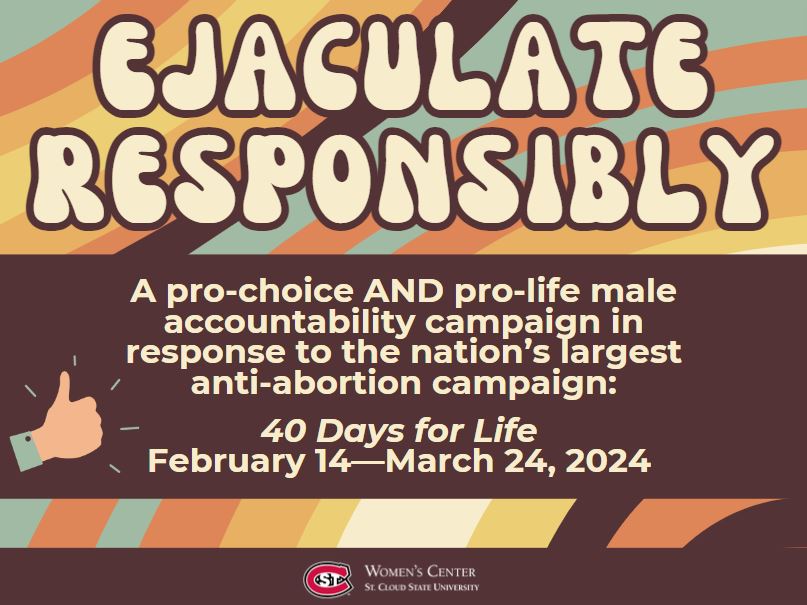












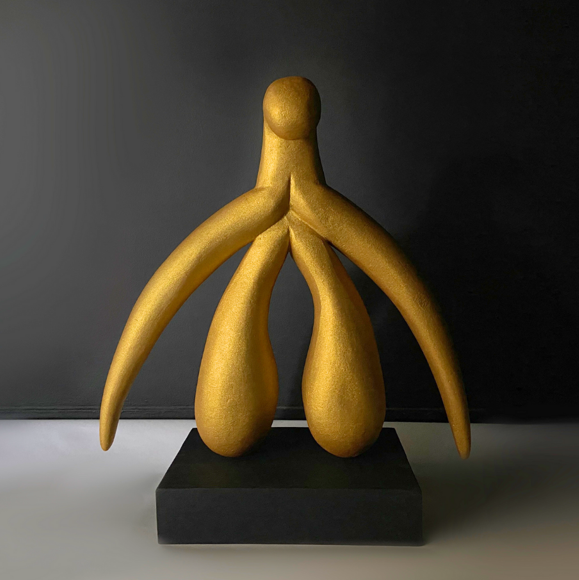

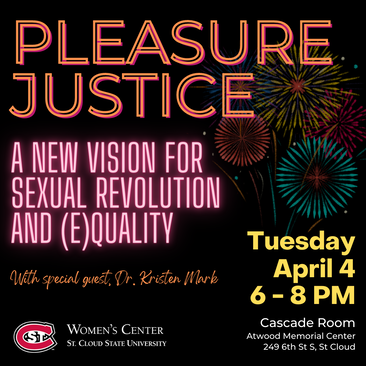
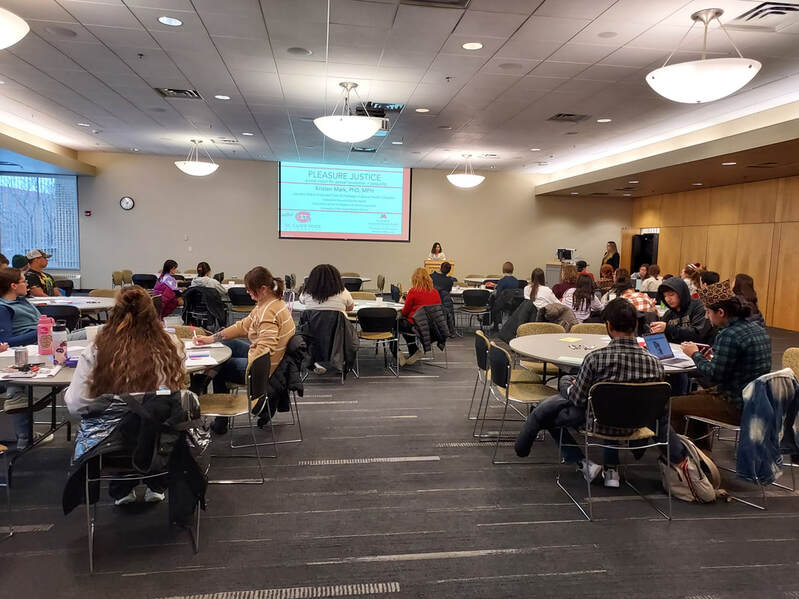
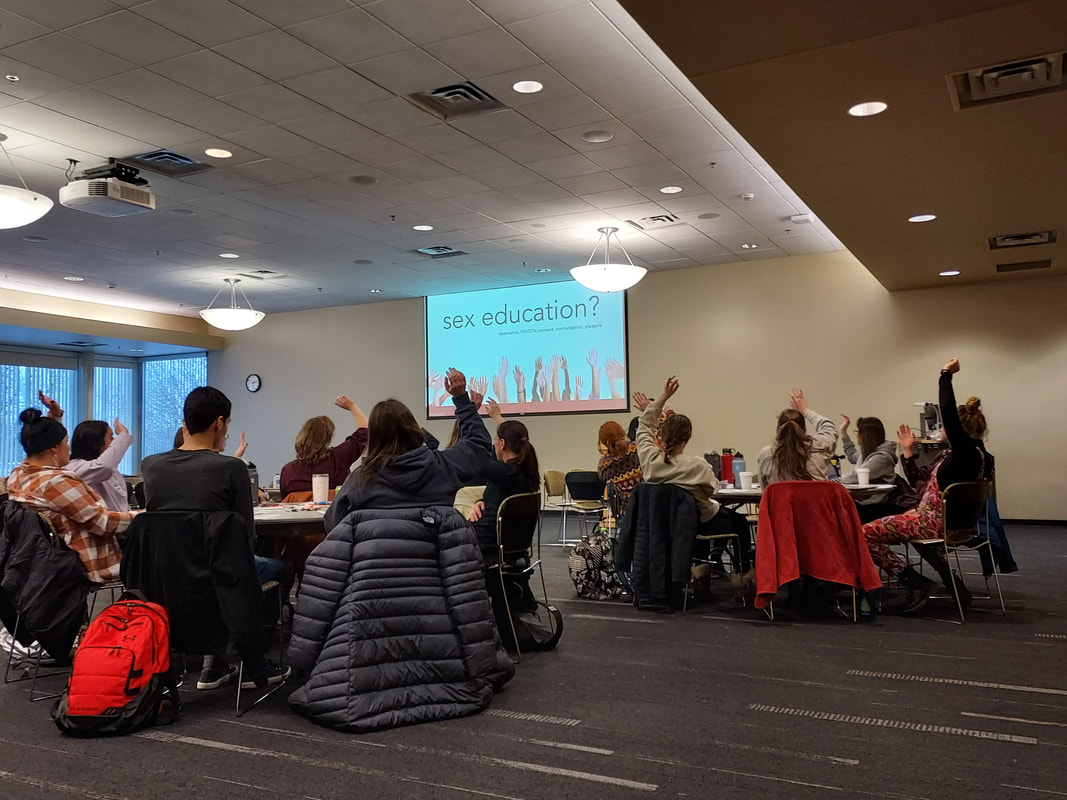
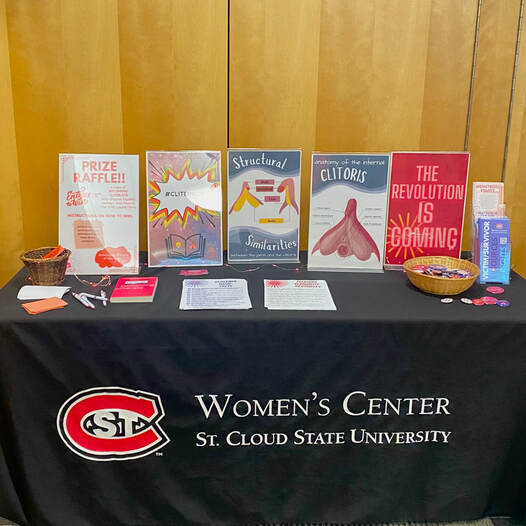
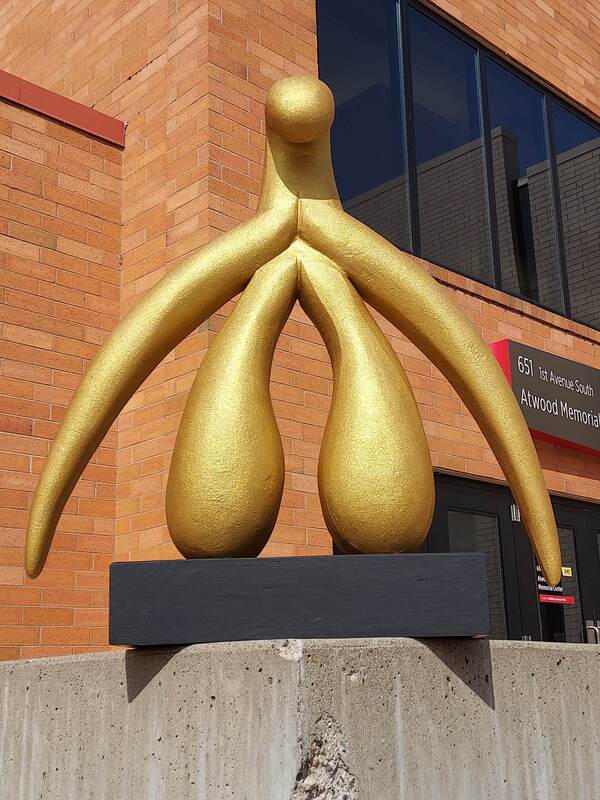
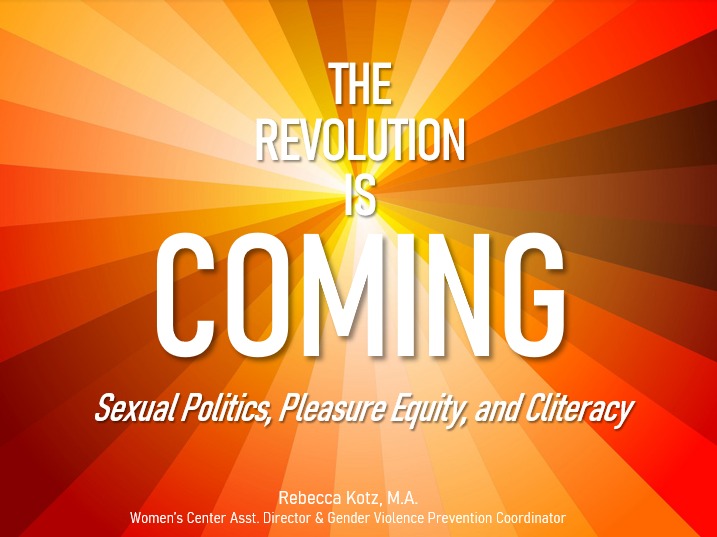
 RSS Feed
RSS Feed